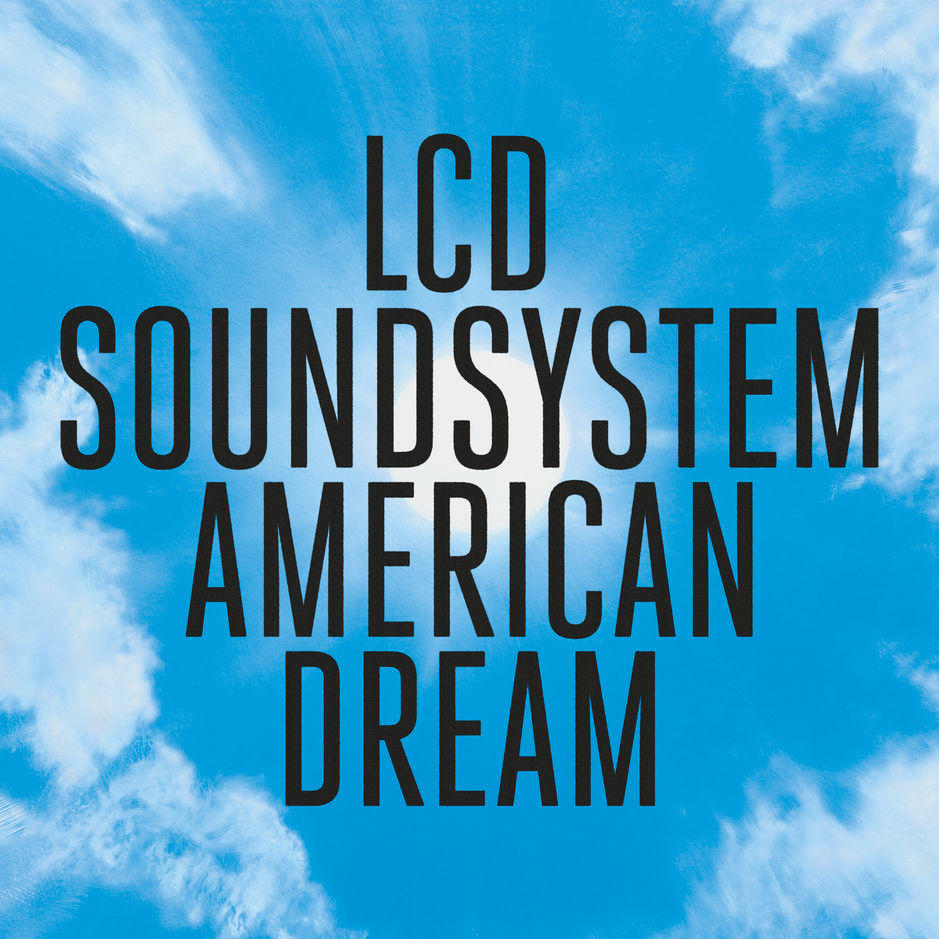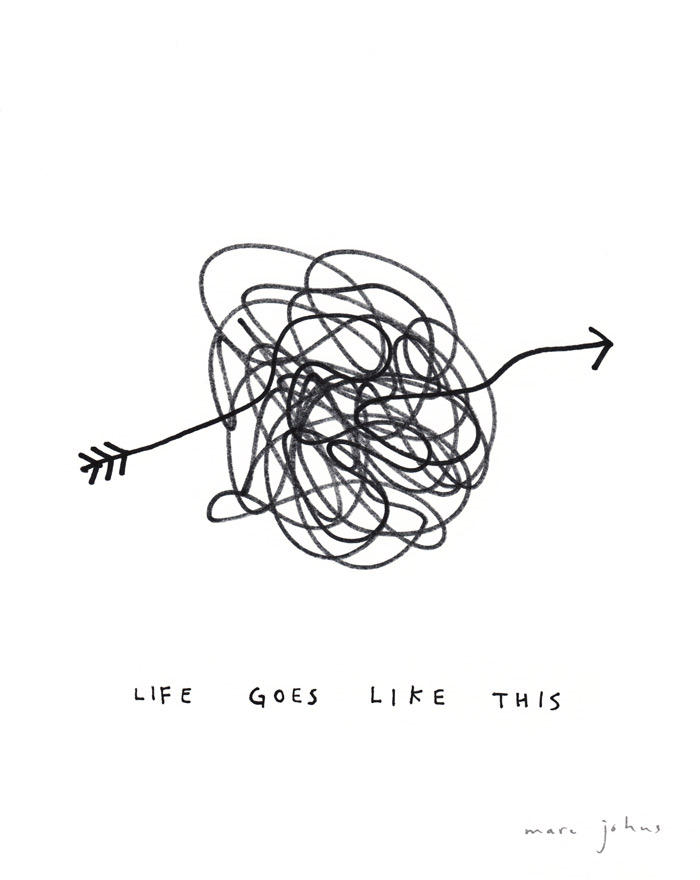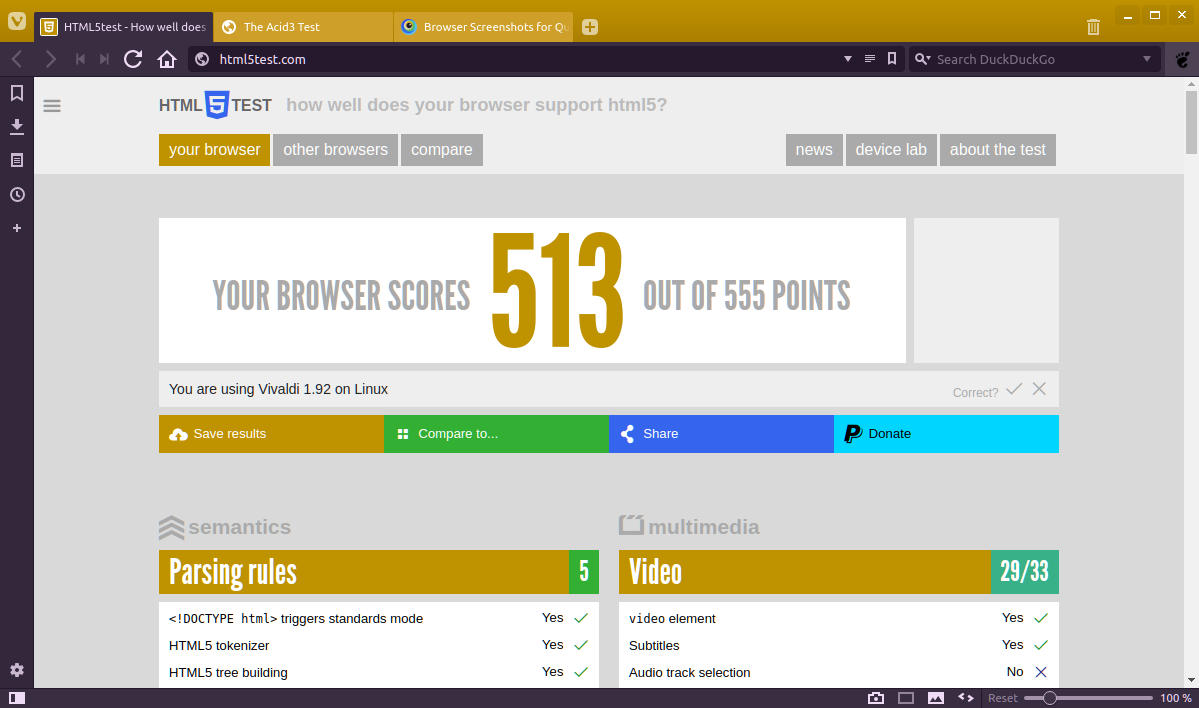Human intuition is poor at estimating the true probability of supposedly ‘extremely rare’ combinations of events in systems operating at a scale of millions of requests per second… That human fallibility means that some of the more subtle, dangerous bugs turn out to be errors in design; the code faithfully implements the intended design, but the design fails to correctly handle a particular ‘rare’ scenario.
The Coming Software Apocalypse is a fantastic read on how in a software-reliant world, the tools to create software itself need to be better designed to enable better, more robust software. The article also comes at a time when I find myself thinking a lot about how the proponents of ‘Computational Thinking’ out there (especially in the realms where education and profitability overlap) might just make the software apocalypse a hard landing for humanity.
While it might sound like gloom and doom, it’s exciting to know that there are fantastic opportunities out there to re-invent the way we design the heart of the machines that help us live, work, and play.









